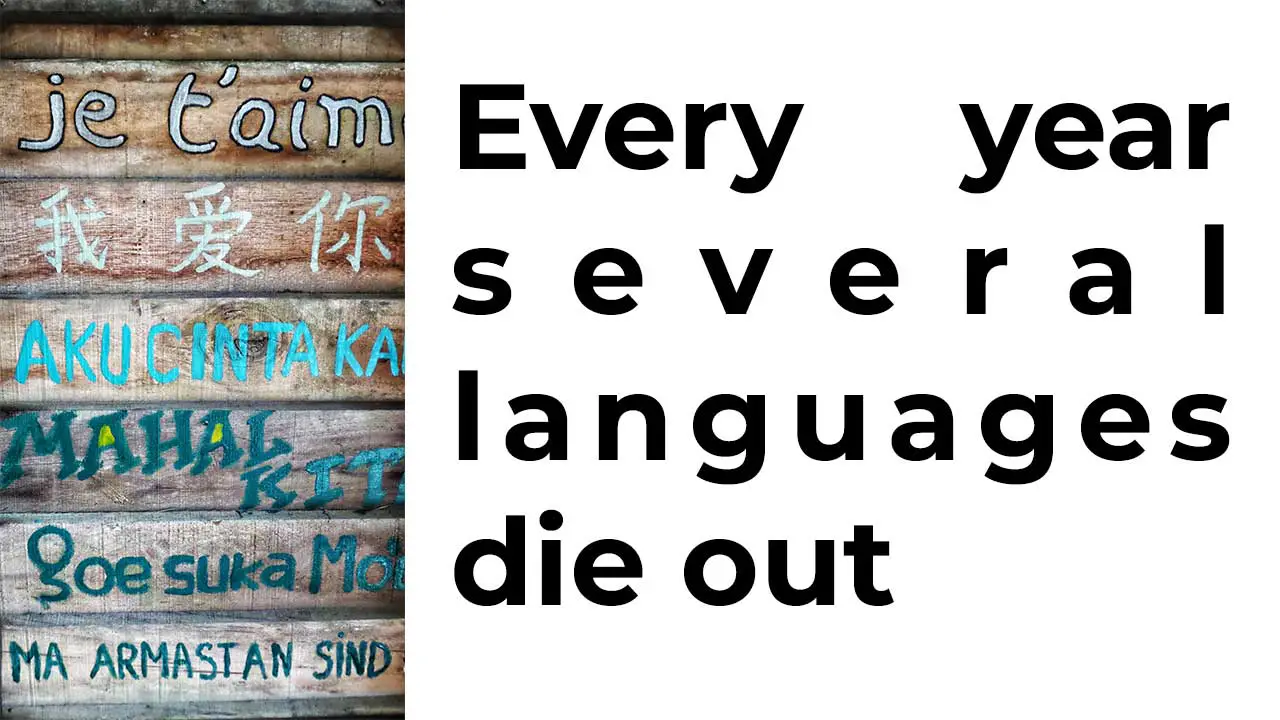You should spend about 40 minutes on IELTS writing task 2.
Every year several languages die out. Some people think that this is not important because life will be easier if there are fewer languages in the world. To what extent do you agree or disagree with opinion?
Give specific reason and explain them with examples from your own experience or knowledge.
You should write at least 250 words in IELTS writing task 2.
Question Overview
Topic : Development
Type : Opinion
Model Answer 1
Language is the best way to communicate. Nevertheless, it is seen that in this modern era, many languages are disappearing. There are people who believe that if there are fewer languages around the world, it will be more comfortable. This essay supports this view to a greater extent as well.
First of all, the fewer languages, the better the conversation is to explain my notion. There will be no language barriers, and people will exchange ideas that will eventually help to develop vibrant relationships. In turn, it will not only result in a thriving relationship between the people but will also improve the political relationship as there will be more opportunities to share scientific research and creativity.
It will also be a blessing for students and entrepreneurs to have fewer languages. It will be easier to live in other countries. Consequently, the disappearance of some languages appears to have a more positive impact on the world. Nevertheless, the fact that language diversity reflects the richness of culture and tradition is irrefutable to some degree. More languages equal more language skills. Such languages are the heritage of some group and tribe because words are closely associated with individual culture, and the loss of these native languages would take a toll on diverse cultures.
To sum up, while regional languages seem to need to be saved, the increasing language barriers can lead to good psychological relationships between people.
Model Answer 2
It is argued that the annual extinction of many languages is not a problem because having just a few languages leads to a more convenient life. It disagrees that the convenience of using just a few key languages makes the dying out of less spoken dialects acceptable. This essay will first discuss the importance of language to culture and secondly the fact that learning a few common languages is unrealistic, followed by a reasoned conclusion.
A language is not just a group of spoken words but the key to someone’s culture. Language has evolved over thousands of years to reflect what it means to be from a particular place. For example, the Irish language has one of the widest vocabularies in the world and reflects their tradition of storytelling. Despite this, English has become the first language of the Irish, as many feel it makes it easier to communicate with the world.
By speaking just a couple of languages, such as English and Chinese, you alienate millions of people throughout the world. English may be common, but it is not the ‘lingua franca’ many people think it is and it would take generations for everyone to learn it. Countries like Korea and Vietnam have been trying to adopt English as a second language for a long time, but most of their people still can’t fully grasp it. However, English has been the language of business for a long time, and it should be encouraged to help a country become more economically competitive.
To conclude, commonly spoken languages may make life more straightforward, but this should not be at the expense of less prevalent languages, in order to avoid the erosion of culture and the alienation of many countries.
Vocabulary
- notion – a conception of or belief about something.
- Ex. children have different notions about the roles of their parents
- barriers – a fence or other obstacle that prevents movement or access.
- Ex. the mountain barrier between Norway and Sweden
- diversity – a range of different things.
- Ex. newspapers were obliged to allow a diversity of views to be printed
- diverse – showing a great deal of variety; very different.
- Ex. a culturally diverse population
Read more related Essay :
- Country develops its technology, the traditional skills and ways of life die out
- history has little or nothing to offer
Credits
Image : “unsplash.com”

